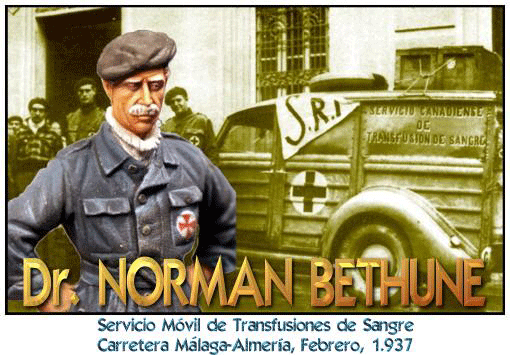
The rise in pro-humanitarian internationalism in recent decades has brought renewed interest in the current situation and past history of urgent interventions to provide assistance to people affected by disaster, and to uphold human rights when terrible outrages are committed.
This year’s commemoration of the 75th anniversary of the end of the Spanish Civil War and the outbreak of the Second World War represents an ideal occasion to explore the motives behind the humanitarian actions that took place during those two wars, as well as in a number of other violent conflicts that took place in the second half of the 19th century.
In these seminars, we aim to move beyond the usual view that confines humanitarian ideas to the lofty field of moral choice and/or which considers them to be no more than a result of the secularisation process of today's Western world – instead, we plan to explore the rational and non-rational reasons and beliefs of all kinds that have persuaded humanitarian actors – both individuals and groups – to embark on such actions at different points in history. We will be examining this topic over the course of three subject-based sessions that will focus, respectively, on the discourses and strategies of wartime humanitarianism, intervention by humanitarian volunteers on the front line, and humanitarian action in the rearguard and in exile.
Coordinator: JON ARRIZABALAGA / IMF-CSIC, Barcelona
Cycle: The Humnanitarian ETHOS and war: reasons and passions, ideologies and beliefs
Organized by: research group "Medical and scientific culture: practices, spaces, objects and exchanges" of the IMF-CSIC Directorate-General for Research, Residence for Researchers